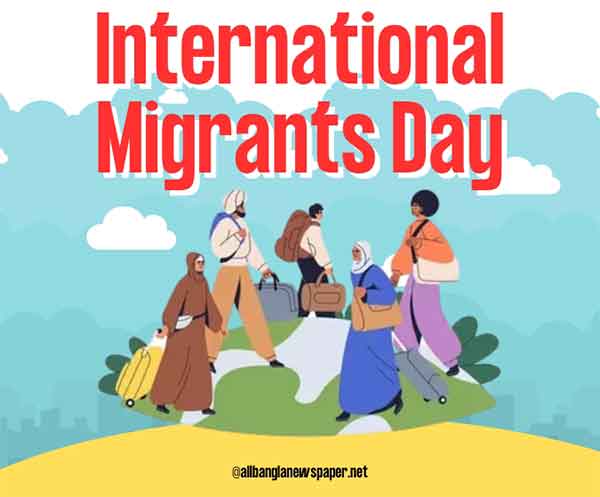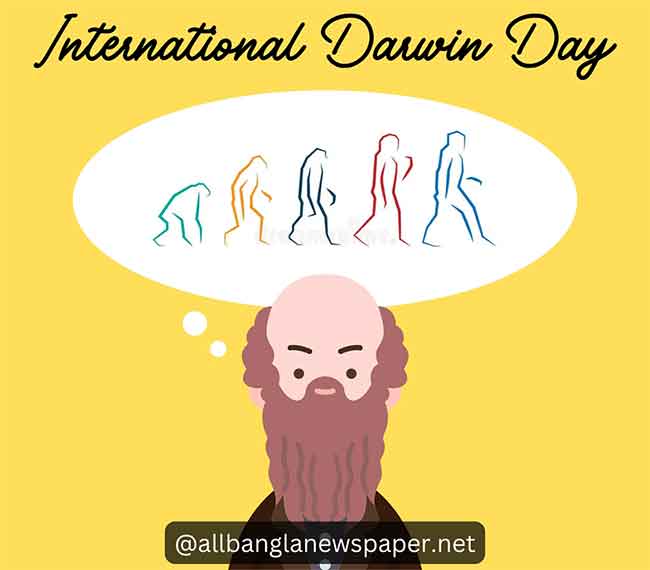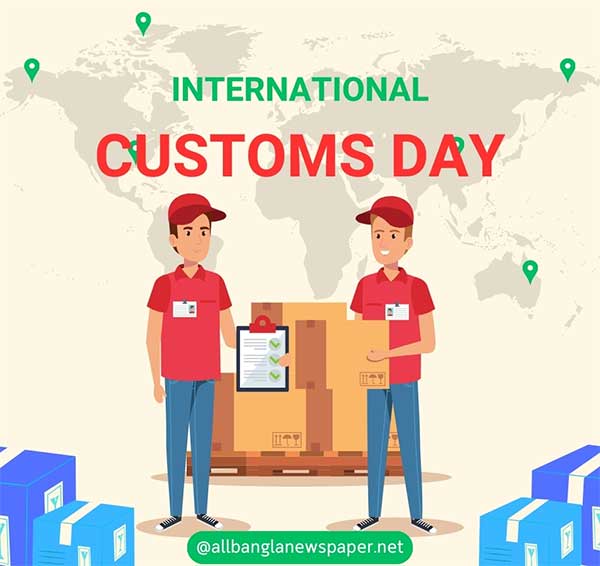
International Migrants Day, observed annually on December 18, is a day dedicated to acknowledging the contributions, challenges, and rights of migrants worldwide. The day highlights the resilience of millions of people who leave their homes for better opportunities, safety, and a brighter future. It also serves as a call to action for governments, organizations, and individuals to create inclusive societies that respect and uphold the rights of migrants.
The Origins and Purpose of International Migrants Day
The United Nations General Assembly proclaimed December 18 International Migrants Day in 2000. This date marks the adoption of the International Convention on the Protection of the Rights of All Migrant Workers and Members of Their Families in 1990.
Why International Migrants Day Matters
Migration has been a defining characteristic of human history. Today, an estimated 281 million people, or 3.6% of the global population, are international migrants. This day recognizes their immense contributions to economies, cultures, and societies worldwide while raising awareness of their challenges, including discrimination, exploitation, and limited access to essential services.
The Challenges Faced by Migrants
Migration, whether voluntary or forced, is often fraught with challenges. These obstacles vary depending on the host country's socio-economic, political, and geographical context and the migrants' circumstances.
Economic Inequality and Labor Exploitation
Migrants often take on low-paying jobs with little security or benefits despite being vital to the workforce. They are frequently subjected to unfair wages, poor working conditions, and a lack of legal protection.
Social and Cultural Barriers
Language differences, cultural misunderstandings, and social exclusion are common hurdles migrants face in adapting to their new environments. These barriers can lead to isolation and hinder their ability to integrate into their host communities.
Forced Migration and Refugee Crises
Conflicts, natural disasters, and economic instability force millions to flee their homes. Refugees often live in precarious conditions in camps or informal settlements, with limited access to education, healthcare, and employment opportunities.
The Positive Impact of Migrants on Host Nations
Despite their challenges, migrants significantly contribute to their host countries in numerous ways.
Economic Contributions
Migrants play a crucial role in the global economy, filling essential labor gaps, driving innovation, and sending billions of dollars in remittances back to their home countries. Remittances surpassed $600 billion in 2021, supporting families and communities worldwide.
Cultural Diversity and Enrichment
Migrants bring diverse perspectives, traditions, and skills to their host countries, fostering cultural exchange and innovation. Festivals, cuisine, music, and art from migrant communities enrich the social fabric of societies.
Addressing Demographic Challenges
In countries with aging populations, migrants help address labor shortages and sustain economic growth. Their presence ensures a more dynamic and youthful healthcare, agriculture, and technology workforce.
Promoting Migrant Rights and Inclusion
International Migrants Day is a platform to advocate for protecting migrants' rights and inclusion in societies.
The Role of Governments and Organizations
Governments and international organizations are pivotal in ensuring migrants are treated with dignity and respect. Policies that promote legal migration pathways, protect labor rights, and combat human trafficking are essential for creating a more equitable global system.
Community Engagement and Support
Local communities can foster inclusion by creating welcoming environments for migrants. Programs that offer language classes, cultural exchange initiatives, and support networks help migrants adapt and thrive in their new homes.
Media Representation
Media outlets, including platforms like Bangladesh Newspaper, are critical in shaping public perceptions of migrants. Positive representation and balanced reporting can combat stereotypes and promote empathy and understanding.
Migration and Bangladesh A Case Study
Bangladesh is one of the largest migrant-sending countries in the world, with millions of its citizens working abroad, particularly in the Middle East, Southeast Asia, and Europe. Migrants from Bangladesh contribute significantly to the country's economy through remittances, which account for a substantial portion of its GDP.
The Role of Bangladeshi Migrants
Bangladeshi migrants are often employed in construction, domestic work, and agriculture sectors. Despite their significant economic contributions, many face challenges such as exploitation, poor living conditions, and lack of access to legal protections in host countries.
Addressing Migrant Challenges
The Government of Bangladesh has undertaken initiatives to protect the rights of its migrants, including labor agreements with host countries and skills training programs. However, there is still a long way to go in ensuring that Bangladeshi migrants receive the dignity and recognition they deserve.
Global Cooperation for Migration
In today's interconnected world, migration is a shared responsibility that requires global cooperation.
The Global Compact for Migration
Adopted in 2018, the Global Compact for Safe, Orderly, and Regular Migration is the first-ever international agreement to address migration comprehensively. It provides a framework for managing migration in ways that respect human rights and promote sustainable development.
The Role of Advocacy and Awareness
Days like International Migrants Day and International Tea Day Celebrating the World's Beloved Beverage serve as reminders of the interconnectedness of global issues. Individuals and organizations can contribute to a more inclusive and equitable world by raising awareness and advocating for change.
Celebrating Migrants' Contributions
International Migrants Day is also a time to celebrate the resilience and achievements of migrants worldwide.
Storytelling and Recognition
Highlighting the stories of migrants who have made significant contributions to their communities fosters appreciation and understanding. From entrepreneurs to healthcare workers, migrants play a vital role in shaping societies.
Cultural Festivals and Events
Many countries organize cultural festivals and events to honor migrants' contributions. These celebrations showcase the rich diversity that migration brings to host societies.
The Road Ahead Building Inclusive Societies
As we observe International Migrants Day, reflecting on the progress made and the work that remains is essential. Building inclusive societies that value diversity and uphold human rights is a moral obligation and a pathway to global prosperity.
Education and Awareness
Educating the public about migrants' challenges and contributions is key to breaking down stereotypes and fostering empathy. Schools, workplaces, and media platforms all have a role to play in promoting understanding.
Policy and Action
Governments must prioritize policies that address the root causes of forced migration, create safe migration pathways, and protect migrants' rights. Collaborative efforts among nations can ensure that migration benefits both individuals and societies.
A Day to Reflect and Act
International Migrants Day reminds us of the shared humanity that unites us all. It calls on individuals, communities, and nations to recognize the contributions of migrants, address their challenges, and work towards a world where everyone has the opportunity to thrive.
#InternationalMigrantsDay #MigrationChallenges #MigrantRights



